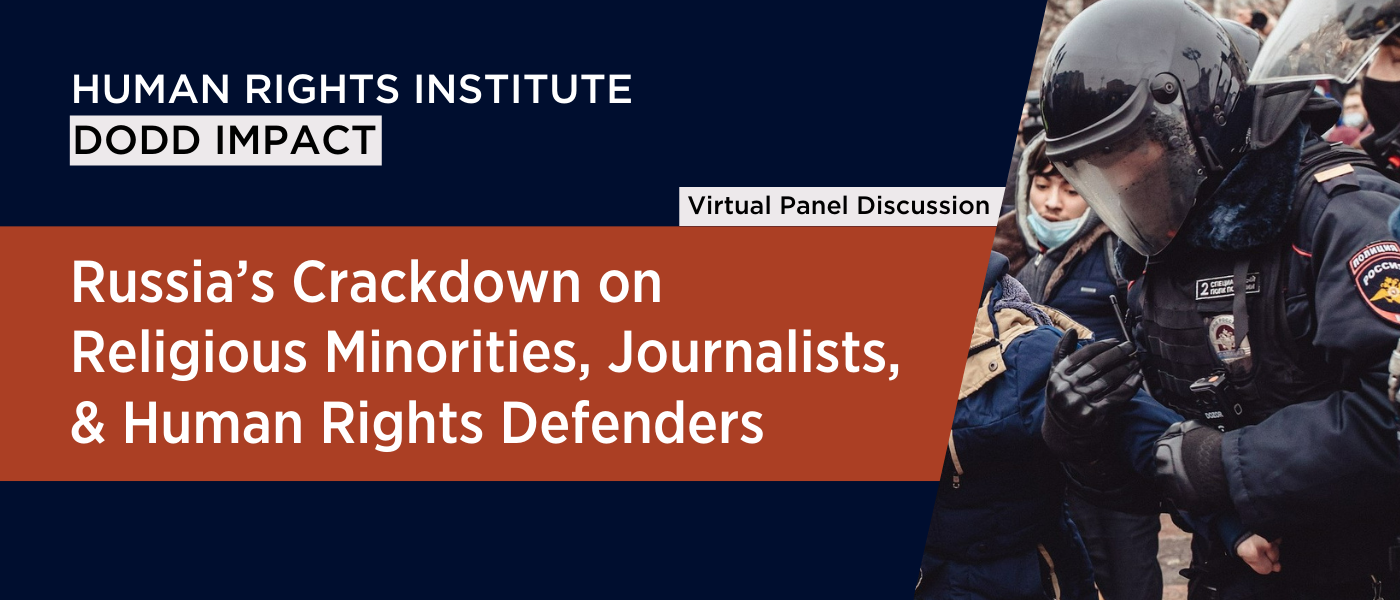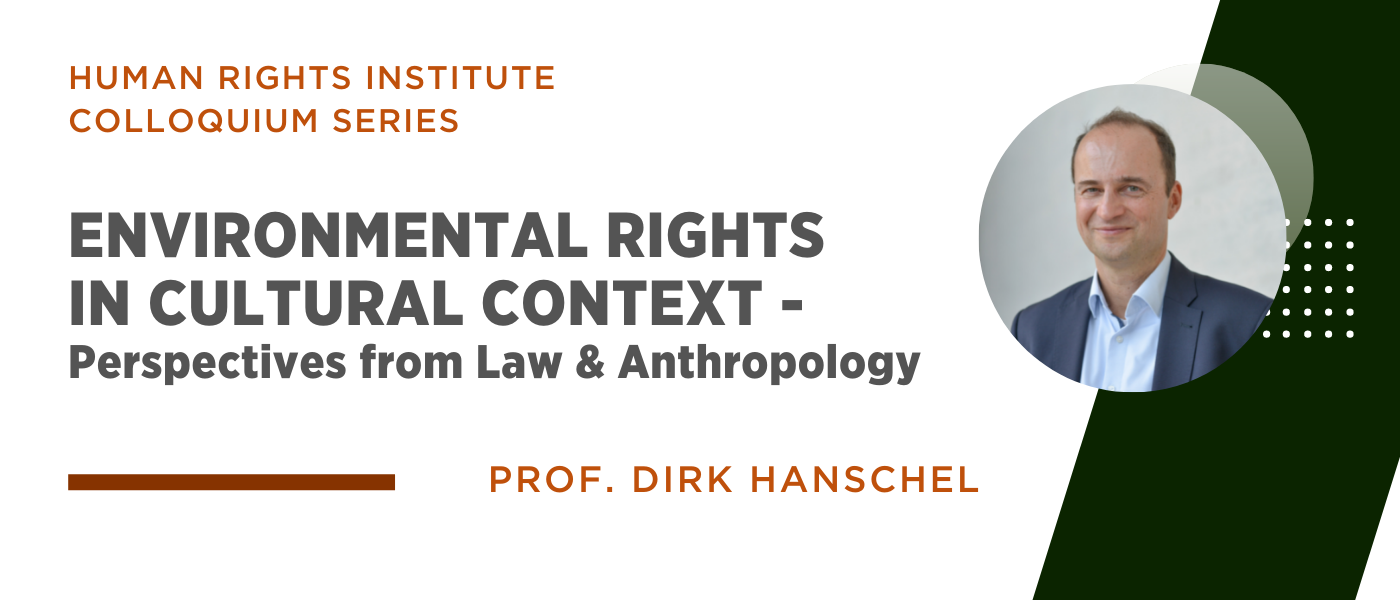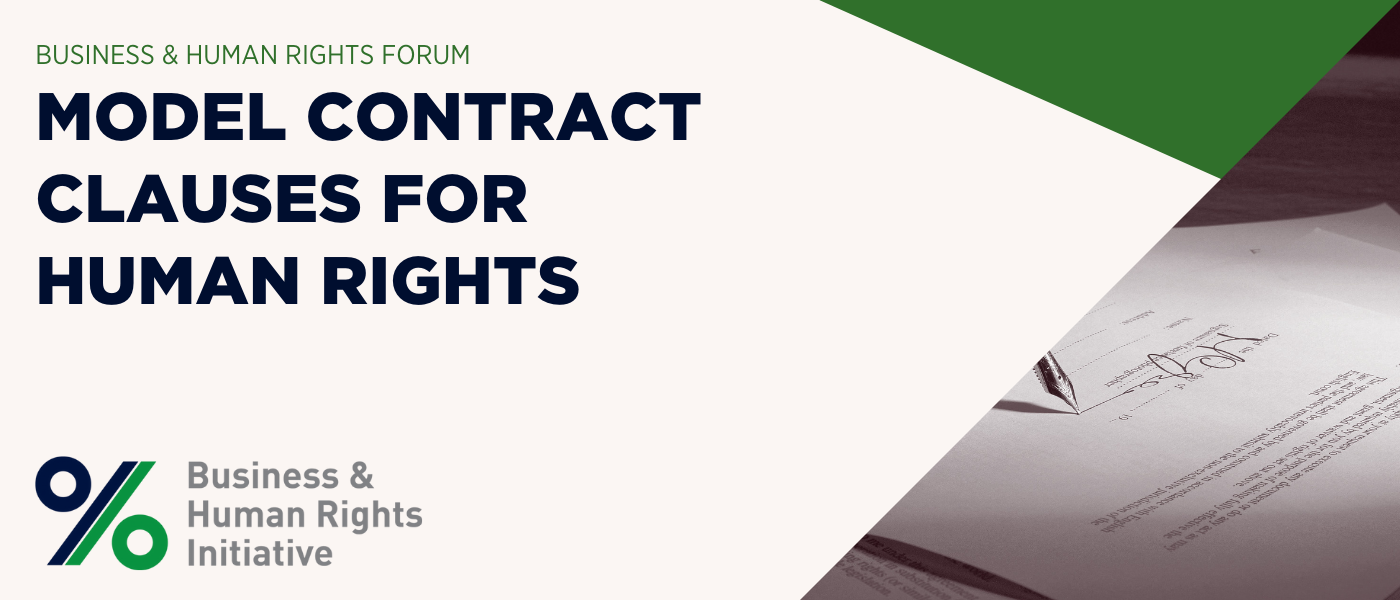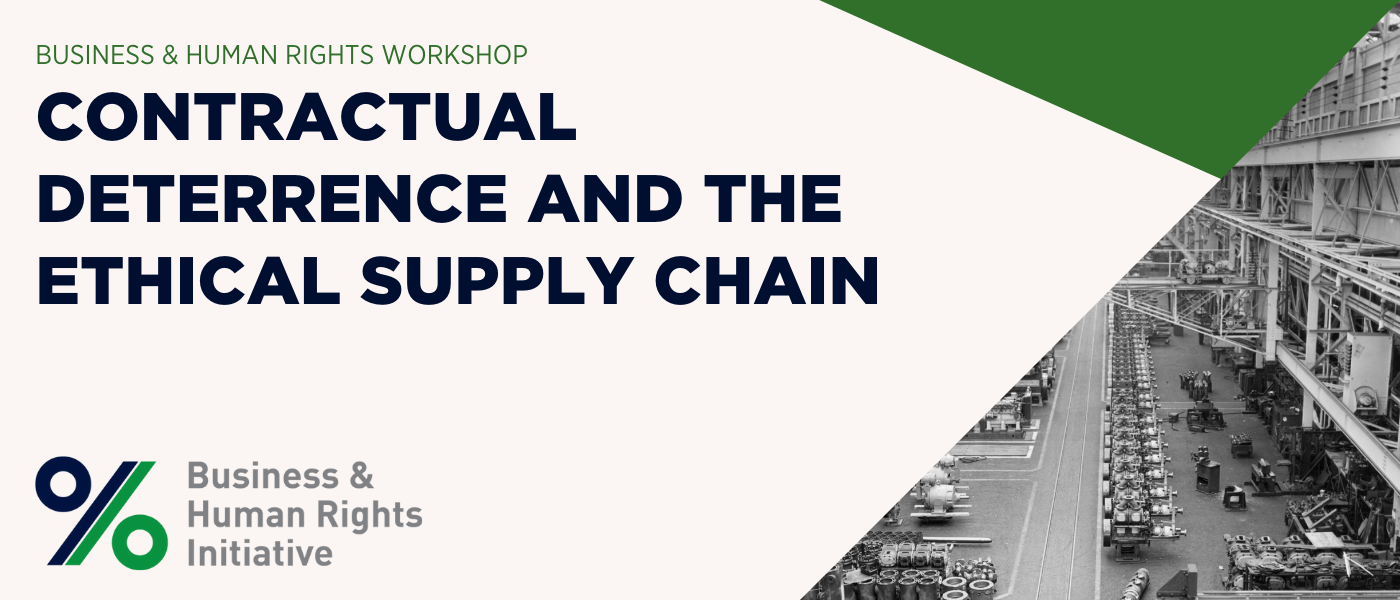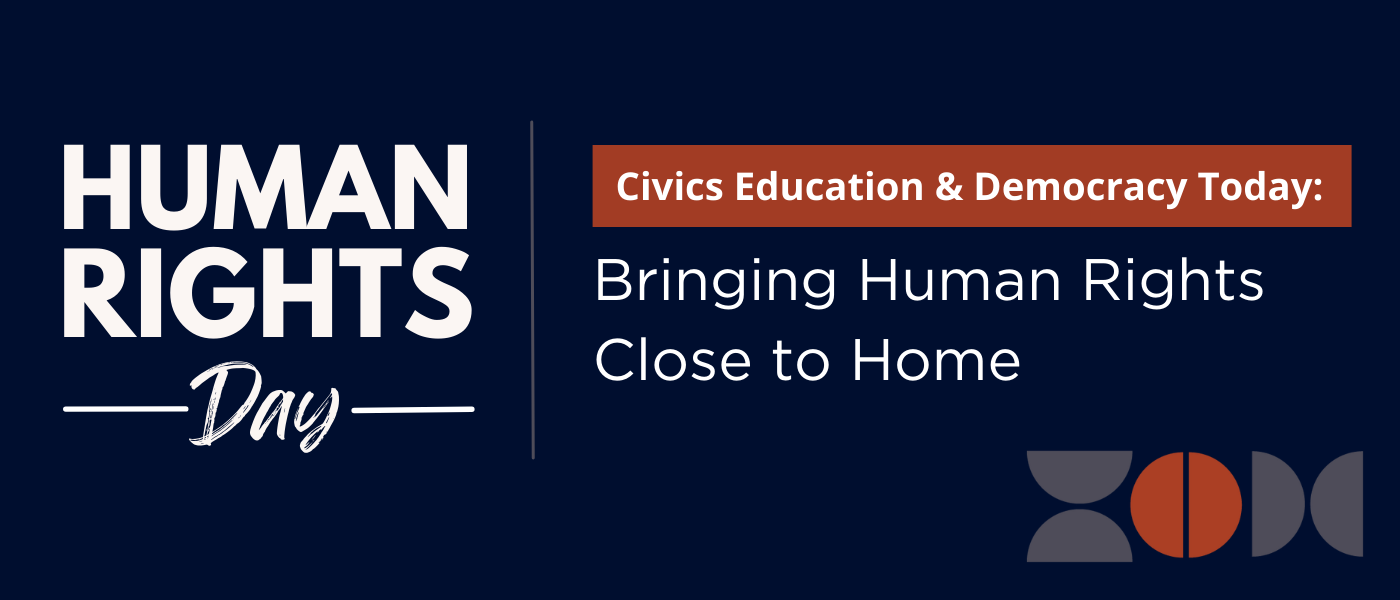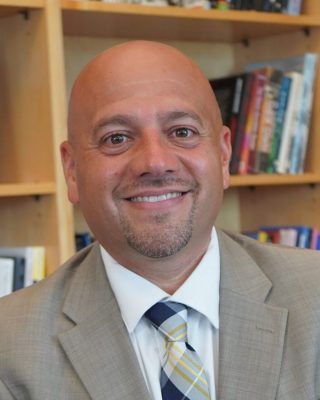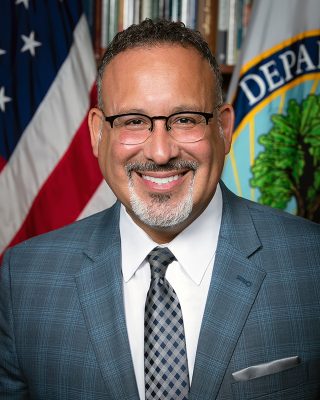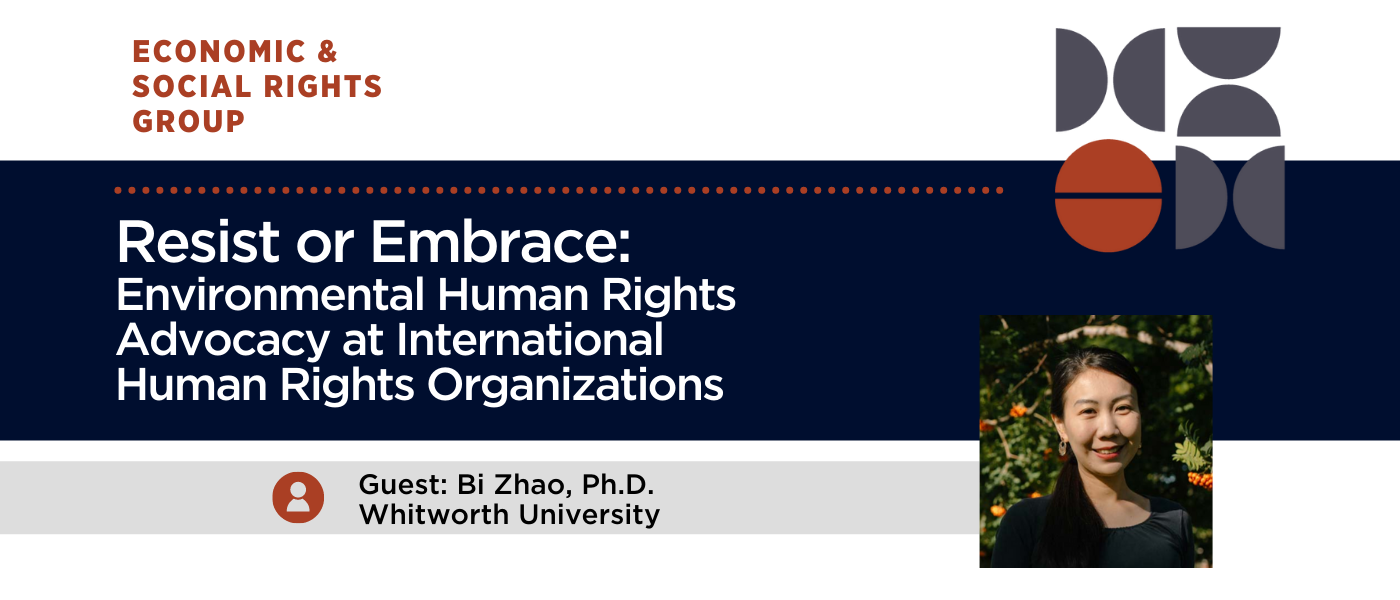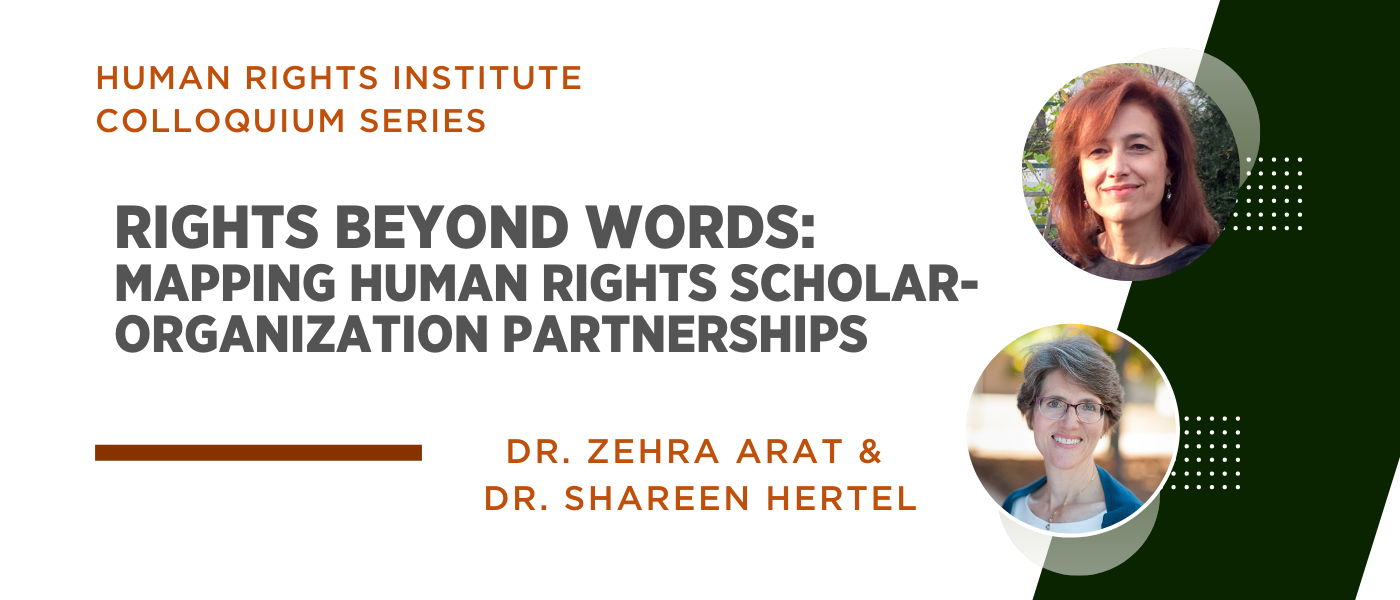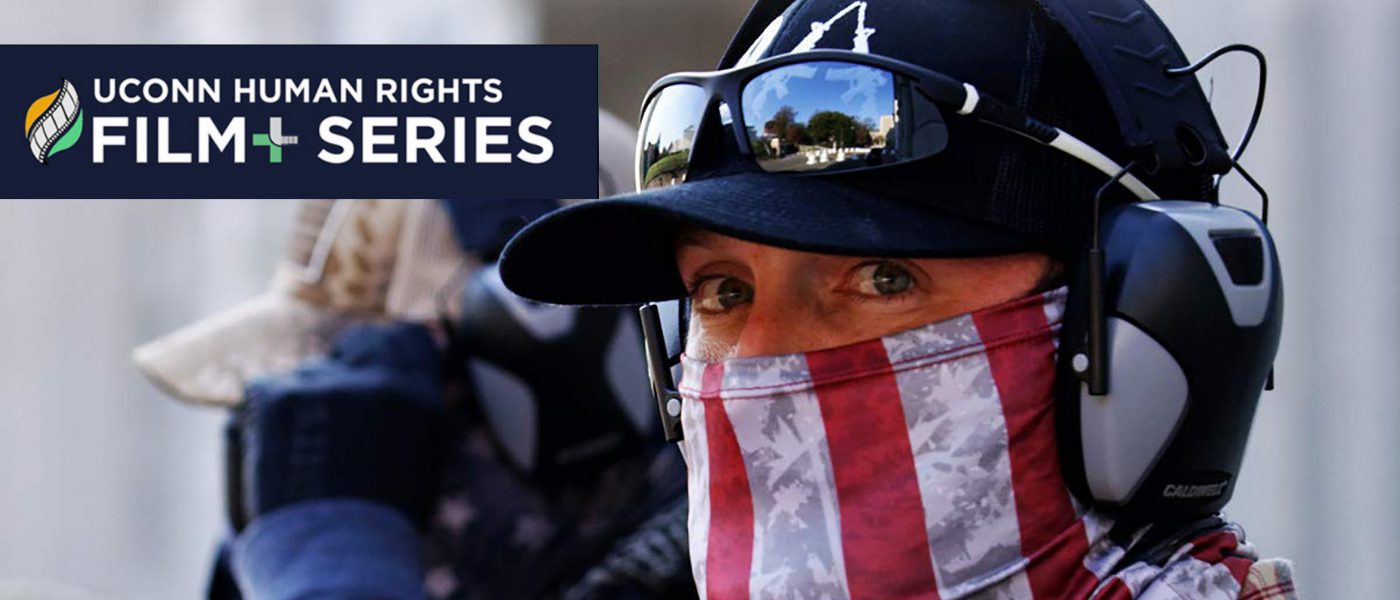Conference Information
“Since the end of the cold war, human rights has become the dominant vocabulary in foreign affairs. The question after September 11 is whether the era of human rights has come and gone.” – Michael Ignatieff. New York Times. 5 February 2002.
Whereas during the Cold War, human rights were often hampered by a deadlocked UN Security Council, the 1990s were a decade where human rights came to play a more prominent role in collective security concerns. In the 1990s, two significant factors led to the transformation of the role of human rights. Firstly, in the context of rapid economic and political globalization, a greater premium was placed upon on global solutions to international stability and security, and a contingent consensus emerged that human rights could play a greater role in securing that stability. Secondly, the ending of the Cold War allowed more coherent international responses to mass human rights abuses.
Importantly for this conference, the foundations were laid in the 1990s for a system of global justice. Although there was a lack of will to actively intervene to stop genocides in Bosnia and Rwanda, two International Criminal Tribunals made international criminal law meaningful in practice, and they secured the first international convictions for crimes against humanity since Nuremberg. The Rome Statute signed by 120 countries in 1998 created the mandate for an International Criminal Court that would prosecute war crimes, crimes against humanity, genocide and wars of aggression. In this era, individual rights edged closer to becoming “trumps” in Dworkin’s terms, which could, in certain situations, transcend the boundaries of national sovereignty.
Since 2001, the emerging relationship between human rights and security has broken down and a new formulation has emerged, where rights are detached from, and displaced by, security concerns. This is partly in response to the changing nature of the security threats: instead of states with conventional weapons and armies, personal security is threatened by individuals and “private” terrorist organizations that may count on the support of some states. In this context, making the world safe from terrorists has become seen as antithetical to developing international human rights mechanisms. The gulf between human rights and security is manifested in a number of different ways, including the US’s attempts to positively undermine the International Criminal Court through bilateral agreements which grant a special exemption from prosecution for US citizens.
The international language of human rights has not altogether disappeared, but has reappeared in a “securitized” capacity, serving as a secondary justification for military interventions by the United States and Britain. Indeed, the justification shifted in the case of Iraq, from weapons of mass destruction, to human rights, as the WMD failed to materialize. For some, human rights served as a smokescreen for ensuring stable oil supplies for the US, whereas others have pointed out that regardless of US motives, Iraqis are more likely to enjoy their human rights with Saddam gone. Advocates of human rights, having urged governments to act against repressive dictators for decades, should accept the result as a positive development, it is argued. Given the inaction of the UN Security Council, countries such as the USA and UK are forced to pursue security unilaterally and that this is the only way to ensure human rights in the future. At an opposite pole, prominent human rights organizations have restated their commitment to basic legal rights that must be upheld even if they impair the ability to pursue security from terrorism.
The “securitization of rights” is not simply a matter for foreign policy, but has also had an impact on civil liberties at home in the USA. The conference aims to connect foreign policy questions to domestic civil liberties, and to assess the consequences of government actions against terror suspects, including detention without trial, and deportations of non-citizen suspects. The USA Patriot Act of 2001 grants unprecedented powers for homeland security agencies to invade the privacy of individual citizens with few mechanisms of accountability. To what degree have America and other nations been characterized by the Roman maxim “In times of war, the laws are silent”? How can we assess the need to temporarily curtail some liberties in emergency situations, whilst acknowledging and challenging excessive infringements of civil liberties in wartime? This conference aims to understand the implications of the age of terrorism and counter-terrorism on basic human rights and to clarify and redefine the role of human rights. It will feature prominent speakers with a diversity of views in order to illuminate the various positions, and to seek common ground between them where possible. A desired aim will be to forge an understanding robust and flexible enough to advance the protection of human rights in an increasingly adverse environment.
Thursday, September 9th
Raymond and Beverly Sackler Distinguished Lecture Series
5:30pm Reception & Dinner | Rome Commons Ballroom-South Campus Complex
7:30pm The Sackler Human Rights Lecture | Thomas J. Dodd Research Center
- Introduction by Christopher Dodd, United States Senator for Connecticut
- Michael Ignatieff: Director of the Carr Center for Human Rights Policy, Kennedy School of Government, Harvard University | ‘The Lesser Evil: Hard Choices in the War on Terror’
Friday, September 10th
9:30-10:30am Conference Registration | Nafe Katter Theater-Fine Arts Complex
10:30am-1:00pm Morning Sessions | Nafe Katter Theater-Fine Arts Complex
-
- Richard A. Wilson: Director, Human Rights Institute, University of Connecticut | Session Chair
10:30-11:30am Session 1
-
- Richard A. Wilson: Director, Human Rights Institute, University of Connecticut | ‘Do We Have to Choose Between Human Rights and Security? Beyond the Utilitarian Calculus’
- Mary Robinson: Ethical Globalization Initiative, former Irish President | ‘Connecting Human Rights Human Development and Human Security’
11:30-11:45pm Break
11:45am-1:00pm Session 2
-
- Aryeh Neier: President, Open Society Institute | ‘Giving Democracy and Human Rights a Bad Name’
- Nadine Strossen: President of the American Civil Liberties Union | ‘The US Government’s Post- 9/11 Policies: Unjustified Overreaching’
1:00-2:30pm Lunch | Wilbur Cross Building, North Reading Room
2:30-6:00pm Afternoon Sessions | Nafe Katter Theater, Fine Art Complex
2:30-4:00pm Session 1
-
- Thomas Wilsted: Director, Thomas J. Dodd Center, University of Connecticut | Session Chair
- Peter Galison and Martha Minow: Harvard University | ‘Privacy, Technology and Civil Liberties’
- Carol Greenhouse: Princeton University | ‘Nationalizing the local: Comparative notes on the recent restructuring of political space’
4:00-4:30pm Break
4:30-6:00pm Session 2
-
- Laura Dickinson: Associate Professor, University of Connecticut Law School | Session Chair
- Michael Freeman: University of Essex, UK | ‘Order, Rights and Threats’
- Julie Mertus: American University’s School of International Service | ‘Civil Society and a New Age of US Exceptionalism’
6:30pm Dinner | Wilbur Cross Building, North Reading Room
8:00-10:00pm Reception and Film Screening | William Benton Museum of Art
Saturday, September 11th
8:30-9:00am Conference Registration | Nafe Katter Theatre, Fine Arts Complex
9:00am-12:30pm Morning Sessions | Nafe Katter Theatre, Fine Arts Complex
9:00-10:30am Session 1
-
- Richard Brown: Director, Humanities Institute, University of Connecticut | Session Chair
- David Luban: Professor of Law, Georgetown Law School | ‘Eight Fallacies About Liberty and Security’
- Angelia Means: Dartmouth College | ‘Public International Law and Terrorism’
10:30-11:00am Break
11:00-12:30pm Session 2
-
- Laura Dickinson: Associate Professor, University of Connecticut Law School | Session Chair
- Geoffrey Robertson: Judge, UN Special Court for Sierra Leone | ‘Fair Trials for Terrorists?’
- Richard Goldstone: Retired Justice of South African Constitutional Court | ‘The Tension Between Combating Terrorism and Protecting Civil Liberties’
12:30-2:00pm Lunch | Wilbur Cross Building, North Reading Room
2:00-6:30pm Afternoon Sessions | Nafe Katter Theater, Fine Arts Complex
2:00-3:30pm Session 1
-
- Amii-Omara Otunnu: D.Phil. (Oxon.), UNESCO Chairholder & Executive Director, UNESCO Institute of Comparative Human Rights, Executive Director, UConn-ANC Partnership, Professor of History | Session Chair
- Richard Falk: Professor, Global Institute, University of California-Santa Barbara | ‘Human Rights Since 9/11: The Shaken Kaleidoscope’
- Fernando Tesón: Florida State University Law School | ‘Human Rights, Security, and Just War?’
3:30-4:00pm Break
4:00-6:00pm Session 2
-
- Howard Reiter: Professor and Department Head, Political Science, University of Connecticut | Session Chair
- Thomas Cushman: Wellesley College | ‘Morality Versus International Law: The Human Rights Case for the War in Iraq’
- Wiktor Osiatynski: European University, Budapest | ‘Are Human Rights Still Universal in the Age of Terror?’
- Neil Hicks Director: International Programs & Human Rights Defenders Program | ‘The Impact of Counter Terror on Human Rights Defenders: A Global Perspective’
6:00-6:30pm Closing Remarks
-
- Richard A. Wilson: Director, Human Rights Institute, University of Connecticut
7:00pm Dinner | Wilbur Cross Building, North Reading Room
All speakers are confirmed.
The conference organizers wish to thank Gary and Judi Gladstein and Raymond and Beverly Sackler for their generous support.
Thomas Cushman
Thomas Cushman is Professor of Sociology at Wellesley College. His areas of study include human rights, comparative sociology, genocide, and the sociology of culture. He is the author of numerous books and articles on topics ranging from cultural dissidence in Russia to the war in Bosnia and Hercegovina. He is the founding editor of Human Rights Review, and the founding editor and current editor-in-chief of The Journal of Human Rights, published by Taylor and Francis. Professor Cushman was Mellon Foundation New Directions Fellow in 2002, and is a Faculty Associate at the Center for Cultural Sociology at Yale University. His most current work is an edited volume entitled “A Matter of Morality: Humanitarian Arguments for the War in Iraq”, forthcoming with the University of California Press in 2005.
Richard Falk
Richard A. Falk is the Albert G. Milbank Professor of International Law and Practice at Princeton University since 1965. B.S. (economics), Wharton School, University of Pennsylvania (1952); LL.B., Yale Law School (1955); J.S.D., Harvard University (1962). He has been on the editorial boards of about ten journals and magazines, including the American Journal of International Law (1961-) and The Nation (1978-). Prof. Falk has served on the boards or been otherwise associated with scores of professional organizations, including serving as Chairman of the Consultative Council, Lawyers’ Committee on American Policy Toward Vietnam (1967-75). Prof. Falk has provided expert testimony in many high profile cases and legislative and administrative hearings. He has been a member of international panels of jurors addressing “Marcos’ Policies in the Philippines,” “The Armenian Genocide,” “Reagan’s War Against Nicaragua,” Nuclear Warfare, “Puerto Rico: A History of Repression and Struggle,” and “Amazonia: Development and Human Rights.” Prof. Falk has written extensively on international law and the law of war.
Neil Hicks
Director, International Programs & Human Rights Defenders Program. Joined Human Rights First in 1991. In addition to supervising Human Rights First’s international work, including the work of the International Justice program, Neil Hicks directs the Human Rights Defender program. The Defenders program assists human rights advocates – lawyers, judges and other activists – who have come under attack for defending human rights. Neil supervises defender campaigns that include overseas missions, diplomatic advocacy, public education, and grassroots lobbying. Neil also created and runs our new Middle East Initiative, a project to assist local human rights defenders in the closed societies of the region. Neil is an expert on the Middle East and an Arabic speaker with extensive contacts in the region. Before joining Human Rights First, Neil worked as a researcher for the Middle East Department of Amnesty International in London, where he worked between 1985 and 1991. He has also served as human rights project officer of Birzeit University in the West Bank. In 2000-2001, Neil took a year-long sabbatical from Human Rights First ; he spent his leave as a Senior Fellow in the Jennings Randolph Fellowship Program of the United States Institute of Peace in Washington, D.C., where he wrote the forthcoming book, The Crisis of Human Rights Implementation in the Middle East. Neil is the author of many reports and scholarly articles, most recently, Human Rights in Turkey, Some Legal Aspects in Human Rights Review (January 2002) and Does Islamic Human Rights Activism Provide a Remedy to the Crisis of Human Rights Implementation in the Middle East? in Human Rights Quarterly, May 2002. Neil holds a B.A. (Hons.) in Modern Middle Eastern Studies from St. Cuthbert’s Society, University of Durham (1983) and a certificate from the Arabic Language Unit of the American University in Cairo (1982). He studied international refugee law at the Refugee Studies Program, Oxford University (1991). Neil has taught Human Rights in the Middle East at Fordham Law School.
Michael Freeman
He received his BA from Cambridge University, LLB from Stanford University, and his PhD from the University of Essex. He is a part time Research Professor, in the Department of Government at the University of Essex. Dr. Freeman was the Deputy Director of the Human Rights Centre from 1989-1999 and the Director of the MA in the Theory and Practice of Human Rights from 1991-2002. His research interests include democratic theory, philosophy of social sciences, cosmopolitanism and theories of global politics, human rights, genocide, nationalism, multiculturalism and minority rights and ethnic conflict. He has previously taught at Edinburgh, and North Carolina. He has lectured on human rights in more than twenty countries, from China to Brazil. He has been Vice President of the Association of Genocide Studies, Chair of the Human Rights Research Committee of the International Political Science Association (1997-2000). Professor Freeman has published extensively on political theory, human rights and democratic theory, as well as on Asian values and human rights. He is the author of Human Rights: An Interdisciplinary Approach (2002); Edmund Burke and the Critique of Political Radicalism (1980); (co-ed) Frontiers of Political Theory (1980); Nationalism and Minorities (1995).
Peter Galison
Dr. Galison is the Mallinckrodt Professor of the History of Science and of Physics at Harvard University. In 1997, he was named a John D. and Catherine T. MacArthur Foundation Fellow; in 1999, he was a winner of the Max Planck Prize given by the Max Planck Gesellschaft an Humboldt Stiftung. Galison is interested in the intersection of philosophical and historica questions such as these: What, at a given time, convinces people that an experiment is correct? How do scientific subcultures form interlanguages of theory and things at their borders? More broadly, Galison’s main work explores the complex interaction between the three principal subcultures of twentieth century physics–experimentation, instrumentation, and theory. His books include How Experiments End (1987), Image and Logic (1997), and Einstein’s Clocks, Poincare’s Maps (2003). In addition, Galison has launched several projects examining the powerful cross-currents between physics and other fields–these include a series of co-edited volumes on the relations between science, art and architecture. He co-produced a documentary film on the politics of science, Ultimate Weapon: The H-bomb Dilemma and is now working on a second, Secrecy about the architecture of the classification and secrecy establishment.
Richard Goldstone
Judge Goldstone graduated from the University of the Witwatersrand with a BA LLB cum laude, after graduating in 1962 he practiced as an Advocate at the Johannesburg Bar. In 1976 he was appointed Senior Counsel and in 1980 was made Judge of the Transvaal Supreme Court. In 1989 he was appointed Judge of the Appellate Division of the Supreme Court. Since July 1994 he has been a Justice of the Constitutional Court of South Africa. He served as Chairperson of the Commission of Inquiry regarding Public Violence and Intimidation which came to be known as the Goldstone Commission from 1991 – 1994. From 15 August 1994 to September 1996 he served as the Chief Prosecutor of the United Nations International Criminal Tribunals for the former Yugoslavia and Rwanda. During 1998 he was the chairperson of a high level group of international experts which met in Valencia, Spain, and drafted a Declaration of Human Duties and Responsibilities for the Director General of UNESCO (the Valencia Declaration). From August 1999 until December 2001 he was the chairperson of the International Independent Inquiry on Kosovo. In December 2001 he was appointed as the chairperson of the International Task Force on Terrorism that was established by the International Bar Association. He is chairperson of the Bradlow Foundation, a charitable educational trust, and from 1991 until 2003 chaired the board of the Human Rights Institute of South Africa (HURISA). He is a member of the boards of Human Rights Watch, Physicians for Human Rights and the International Center for Transitional Justice. The many awards he has received locally and internationally include the International Human Rights Award of the American Bar Association (1994) and a number of Honorary Doctorates of Law. He has recently been appointed by the Secretary-General of the United Nations to a three person Committee of Inquiry into the Iraq Oil for Food Program that is headed by Paul Volcker.
Carol Greenhouse
Carol Greenhouse is professor of anthropology at Princeton University. A cultural anthropologist, she received her AB and PhD degrees from Harvard University. Greenhouse’s teaching and research focus on law and politics in the contemporary United States, and the comparative ethnography of law. Her current work addresses the cultural dimensions of state power, particularly federal power in and beyond the United States. She has served as president of both the Law & Society Association and the Association for Political and Legal Anthropology, and has served as editor of American Ethnologist. Prior to joining the Princeton faculty, she taught at Cornell University and Indiana University-Bloomington. She held the French-American Foundation Chair in American Studies at Ecole des Hautes Etudes en Sciences Sociales (Paris), and additional visiting positions at the Universite de Paris II (Assas), Chicago- Kent School of Law (as Centennial scholar), Cleveland State School of Law (as Baker-Hostetler visiting scholar); she has also been a visiting scholar at Wolfson College (Cambridge). Her major publications include Praying for Justice: Faith, Hope and Order in an American Town (1986), Law and Community in Three American Towns (1994,with David Engel and Barbara Yngvesson, co-winner of the Law & Society Association Book Prize), A Moment’s Notice: Time Politics Across Cultures (1996), and edited volumes Democracy and Ethnography (1998) and Ethnography in Unstable Places (2002, with Elizabeth Mertz and Kay Warren).
David Luban
David Luban is the Frederick J. Haas Professor of Law and Philosophy at Georgetown University’s Law Center and Department of Philosophy. He received his B.A., from University of Chicago; his M.A., M.Phil., Ph.D., from Yale. Dr. Luban taught at Kent State University and the University of Maryland School of Law and the Institute for Philosophy and Public Policy at the University of Maryland. Professor Luban joined the Georgetown faculty in 1997. He has been a visiting faculty member at the Yale Law School, Harvard Law School, University of Melbourne, Dartmouth College, the Max Planck Institute for Foreign and International Private Law (Hamburg) and the Max Planck Institute for European Legal History (Frankfurt). His recent publications include The Ethics of Lawyers (ed.), Legal Modernism, and Legal Ethics (coauthored). His numerous articles and chapters have focused on a range of topics in legal ethics, the social responsibility of lawyers, law and philosophy, jurisprudence, and social justice. In addition to legal ethics, his research interests include international criminal law and international human rights, just war theory, and moral responsibility within complex organizations. He confesses to a particular fondness for the philosophy of Hannah Arendt. He is currently writing on human dignity and the law. He has been a Woodrow Wilson Graduate Fellow, a Guggenheim Fellow, a Danforth Fellow, a Keck Foundation Distinguished Senior Fellow in Legal Ethics and Professional Culture at Yale Law School, and a Fellow of the Woodrow Wilson International Center for Scholars. He was chosen by the American Bar Foundation for the 1998 Keck Foundation Lecturer Award in Legal Ethics and Professional Responsibility.
Angelia Means
Dr. Angelia Means is an Assistant Professor at Dartmouth College working in the Department of Government. She received her Ph.D from Harvard University in 2000, and her J.D. from Harvard Law in 1993. After law school, she was a Ford Fellow in Public International Law and an Ethics Fellow at Harvard’s Ethics Program. She was also a law clerk at the International Criminal Tribunal for the Former Yugoslavia. Her research and teaching focus on democratic theory, aesthetic theory, feminist theory, immigration and public international law. She has published an article on “Narrative Argumentation” and is currently working on a manuscript on deliberative democracy and cultural rights for “natives” and “aliens”, and an article on the International Criminal Court. Her recent presentations include; “Cosmopolitan Citizenship: A Critique and Reconstruction of Liberal Democratic Citizenship,” 94th American Political Science Association meeting, September, 1998. “Four Models of Transnationalism,” 94th American Political Science Association meeting, September, 1998. “Aesthetic and Legal Judgment,” Political Theory Study Group of the Social Studies Program, Harvard University, April, 1997.
Julie Mertus
Julie A. Mertus is an Associate Professor of International Relations at American University where she is also Co-Director of the Ethics, Peace and Global Affairs Program. She is a graduate of Cornell University and Yale Law School. Her research interests include human rights in Central and Eastern Europe, with a specialty on the former Yugoslavia, as well as international law, gender and conflict, ethnic conflict, and transitional justice. In addition to field work in the Former Yugoslavia and Eastern Europe, she has implemented human rights projects in other parts of the world, including Vietnam, Brazil, China and South Africa. Her books include: Bait and Switch: Human Rights & U.S. Foreign Policy (Routledge, 2004); Kosovo: How Myths and Truths Started a War (University of California, 1999), War’s Offensive Against Women: The Humanitarian Challenge in Bosnia, Kosovo, and Afghanistan (Kumarian, 2000); The Suitcase: Refugees’ Voices from Bosnia and Croatia (University of California, 1999); Local Action/Global Change (UNIFEM, 1999)(with Mallika Dutt and Nancy Flowers, translated into over ten languages). She is a frequent consultant on human rights and humanitarian issues to a number of organizations, including UNHCR, the Humanitarianism and War Project, Women Waging Peace and OXFAM. Her prior appointments include: Senior Fellow, U.S. Institute of Peace; Human Rights Fellow, Harvard Law School; Writing Fellow, MacArthur Foundation; Fulbright Fellow (Romania); Law and Religion Fellow, Emory University; and Counsel, Human Rights Watch (Helsinki Watch). She is presently completing a new text on UN Human Rights Mechanisms (Taylor & Francis, forthcoming March 2005). a revised English version of Local Action/Global Change and a co-edited volume, Human Rights and Conflict (United States Institute of Peace, 2004)(co-editor, with Jeffrey Helsing, forthcoming).
Martha Minow
Martha Minow is the William Henry Bloomberg Professor of Law at Harvard University where she has taught since 1981. Her courses include Civil Procedure and Constitutional Law. Professor Minow received an A.B. from Michigan, an Ed.M. from Harvard, and a J.D. from Yale, where she was an editor of the Yale Law Journal. After law school graduation she clerked for Judge David Bazelon on the U.S. Court of Appeals for the D.C. Circuit, and then for Justice Thurgood Marshall of the U.S. Supreme Court. Her books include Breaking the Cycles of Hatred (2003); Partners, Not Rivals: Privatization and the Public Good (2003); Between Vengeance and Forgiveness: Facing History After Genocide and Mass Violence (Beacon Press 1998); Not Only for Myself: Identity Politics and Law (The New Press 1997); and Making All the Difference: Inclusion, Exclusion, and American Law (Cornell University Press 1990). Professor Minow has co-edited casebooks on civil procedure, women and the law, and family law. Her research focuses on the legal treatment of children, women, immigrants, persons with disabilities, and members of ethnic, racial, and religious minorities. She served on the Independent International Commission on Kosovo and worked as an advisor to the U.N. High Commissioner for Refugees. She has served on the boards of the American Bar Foundation, the Bazelon Center for Mental Health Law, the W.T. Grant Foundation, the Revson Foundation, and the Covenant Foundation, as well as several child welfare organizations. She is a member of the Harvard University Press Board, the Harvard Society of Fellows, and the American Academy of Arts and Sciences. In 1998, she was awarded an honorary doctorate in education by Wheelock College.
Aryeh Neier
Before joining the Open Society Institute (OSI) and the Soros foundations network as president in September 1993, Aryeh Neier spent 12 years as executive director of Human Rights Watch, of which he was a founder. Prior to that, he worked for the American Civil Liberties Union for 15 years, including eight as national director. From 1978 to 1991, Neier served as an adjunct professor of law at New York University, and he has lectured at a number of colleges and universities in the United and at universities in many other countries. He is the recipient of three honorary doctorates (Hofstra University, Hamilton College, the State University of New York at Binghamton and American University) and the American Bar Association’s Gavel Award. Neier is the author of six books: Dossier: The Secret Files They Keep on You (1975, Scarborough House); Crime and Punishment: A Radical Solution (1976, Stein and Day); Defending My Enemy: American Nazis in Skokie, Illinois, and the Risks of Freedom (1979, E.P. Dutton); Only Judgment: The Limits of Litigation in Social Change (1982, Wesleyan University Press); War Crimes: Brutality, Genocide, Terror, and the Struggle for Justice (1998, Times Books); and Taking Liberties: Four Decades in the Struggle for Rights (2003, Public Affairs). Neier was born in Nazi Germany and became a refugee at an early age. An internationally recognized expert on human rights, he has conducted investigations of human rights abuses in more than 40 countries around the world. Over the past two decades, he has been directly engaged in the global debate on accountability and bringing to justice those who have committed crimes against humanity, the subject of his latest book, Taking Liberties. He played a leading role in the establishment of the international tribunal to prosecute those responsible for war crimes and crimes against humanity in the former Yugoslavia.
Wiktor Osiatynski
Wiktor Osiatynski holds degrees in law and sociology from Warsaw University and Polish Academy of Sciences. Since 1995, as a University Professor at the Central European University he teaches at the schools in Budapest and Warsaw, and is also a counsel to the Open Society Foundation. Between 1991 and 1997, Osiatynski was a co-director of the Center for the Study of Constitutionalism in Eastern Europe at the Chicago Law School. Since 1991, he has been a recurrent visiting professor at the University of Chicago Law School. Since 2001, he is a member of Academic Council of the Riga School of Law supported by the Swedish government and the Open Society Foundation. He is also a member of the Board of the Open Society Institute as well as of the Law and Human Rights and Public Health sub-Boards of the OSI Foundation network. Osiatynski’s scholarly interests include comparative study of individual rights and constitutionalism. He has written, in Polish, 17 books, a majority of them about the comparative history of social and political thought. In 1990-1997, Osiatynski has been an advisor to a number of Constitutional Committees of the Poland’s Parliament.He has written extensively on constitutional developments in post-Communist Poland and Eastern Europe. He has been a co-editor of the East European Constitutional Review.In 1997, he wrote a book calling for the adoption of the new Constitution in Poland and in 2000 a definite analysis of the process of constitution-making in Poland, after 1989, co-authored by Osiatynski was published. At present, he is working on a comparative study of theory and history of individual and human rights.
Geoffrey Robertson
Geoffrey Robertson QC has appeared as counsel in many landmark trials and human rights appeals in Britain, Europe and the British Commonwealth. These have included the leading Privy Council cases on Caribbean death sentences; protection of journalistic sources (both in the European Court of Human Rights and the ICTY), official secrets, blasphemy and sedition (House of Lords), illegality of undemocratic government (Fiji Court of Appeal), jurisdiction over internet libel (High Court of Australia) and habeus corpus (Singapore and Malaysia). He was involved in the prosecution of Hastings Banda in Malawi and the extradition proceedings in respect to General Pinochet; he defended dissidents detained by Lee Quan Yew and Irish defendants accused in IRA terrorist trials in London and served as counsel to the Royal Commission which exposed the Antiguan government supply of arms to the Medellin Cartel. He has been for many years Commonwealth counsel for Dow Jones Inc. and has acted for CNN, Washington Post and New York Times and other US publishers and journalists. He has served for the past decade as a Recorder (part-time judge) in London and is currently an appeal judge for the UN War Crimes Court in Sierra Leone and visiting Professor in Human Rights Law at the University of London. His books include Crimes Against Humanity – The Struggle for Global Justice (New Press, Second Edition, 2002), Media Law (Penguin, Fourth Edition, 2002), Freedom, the Individual and the Law and a memoir, The Justice Game (1999). His forthcoming book, The Tyrranicide Brief (Random House) is a study of how Cromwell’s lawyers prepared the first war crimes trial of a head of state. Mr Robertson is a Master of the Middle Temple, has led a number of missions for Amnesty International and has received awards for his writing and broadcasting on human rights issues.
Mary Robinson
Mary Robinson became High Commissioner for Human Rights on 12 September 1997, following her nomination to the post by United Nations Secretary-General Kofi Annan and the endorsement of the General Assembly. Mrs. Robinson came to the United Nations after distinguished seven-year tenure as President of Ireland. As President, Mrs. Robinson developed a new sense of Ireland’s economic, political and cultural links with other countries and cultures. She placed special emphasis during her Presidency on the needs of developing countries, linking the history of the Great Irish Famine to today’s nutrition, poverty and policy issues, thus creating a bridge of partnership between developed and developing countries. Mrs. Robinson was the first Head of State to visit Rwanda in the aftermath of the 1994 genocide there. She was also the first Head of State to visit Somalia following the crisis there in 1992, receiving the CARE Humanitarian Award in recognition of her efforts for that country. Before her election as President in 1990, Mrs. Robinson served as Senator, holding that office for 20 years. In 1969 she became the youngest Reid Professor of Constitutional Law at Trinity College, Dublin. She was called to the bar in 1967, becoming a Senior Counsel in 1980, and a member of the English Bar (Middle Temple) in 1973. She also served as a member of the International Commission of Jurists (1987-1990) and of the Advisory Commission of Inter- Rights (1984-1990). Educated at Trinity College, Mrs. Robinson also holds law degrees from the King’s Inns in Dublin and from Harvard University.
Fernando Tesón
Tobias Simon Eminent Scholar. Education S.J.D., Northwestern University School of Law, 1987, LL.M., Universite Libre de Bruxelles, Belgium, 1982, J.D., Universidad de Buenos Aires, Argentina, 1975. Known for his scholarship relating political philosophy to international law, and in particular his defense of humanitarian intervention, Professor Tesón is author of A Philosophy of International Law (Westview Press 1998) and Humanitarian Intervention: An Inquiry into Law and Morality (2d ed., Transnational 1997). He has served as a Professor of Law and Affiliate Professor of Philosophy at Arizona State University, where he taught for 17 years prior to joining Florida State University’s faculty. Before entering academia, Professor Tesón was a career diplomat for the Argentina Foreign Ministry in Buenos Aires for four years, and Second Secretary, Argentina Embassy in Brussels for two years. He resigned from the Argentine foreign service in 1981 to protest against the human rights abuses of the Argentine government. He has served as visiting professor at Cornell Law School, Indiana University School of Law, University of California Hastings College of Law, the Oxford-George Washington International Human Rights Program, and is Permanent Visiting Professor, Universidad Torcuato Di Tella, Buenos Aires, Argentina.
Richard A. Wilson
Richard A. Wilson is Gladstein Chair of Human Rights and Director of the Human Rights Institute at the University of Connecticut. He is the author of numerous works on political violence and social movements in Guatemala, including the book Maya Resurgence in Guatemala (1995). He has edited or co-edited four books; Low Intensity Democracy: political power in the new world order (1993) Human Rights, Culture and Context (1997), Culture and Rights (2001) and Human Rights in Global Perspective (2003). His research on questions of memory, truth and justice and the South African Truth and Reconciliation Commission led to the monograph The Politics of Truth and Reconciliation in South Africa (2001, Cambridge University Press). He has been a visiting Professor at University of Oslo, New School for Social Research and University of the Witwatersrand and acted as a consultant on human rights issues for UNICEF, the British government and non-governmental organizations such as Conciliation Resources. Presently he is writing about the International Criminal Tribunal for the Former Yugoslavia and the International Criminal Court. He is editor of the journal Anthropological Theory and on the editorial boards of Critique of Anthropology and the Journal of Human Rights.
Nadine Strossen
Nadine Strossen, Professor of Law at New York Law School, has written, lectured and practiced extensively in the areas of constitutional law, civil liberties and international human rights. Since 1991, she has served as President of the American Civil Liberties Union, the first woman to head the nation’s largest and oldest civil liberties organization. (Because the ACLU Presidency is a non-paid, volunteer post, Strossen continues in her faculty position as well.) The National Law Journal has twice named Strossen one of “The 100 Most Influential Lawyers in America.” Since becoming ACLU President, Strossen has made more than 200 public presentations per year before diverse audiences, including on approximately 500 campuses and in many foreign countries. She comments frequently on legal issues in the national media, having appeared on virtually every national news program. Strossen has received Honorary Doctor of Law Degrees from the University of Rhode Island, the University of Vermont, San Joaquin College of Law, Rocky Mountain College, the Massachusetts School of Law and Mt. Holyoke College. Strossen is a member of the Council on Foreign Relations. Strossen graduated Phi Beta Kappa from Harvard College (1972) and magna cum laude from Harvard Law School (1975), where she was an editor of the Harvard Law Review. Before becoming a law professor, she practiced law for nine years in Minneapolis (her hometown) and New York City.
